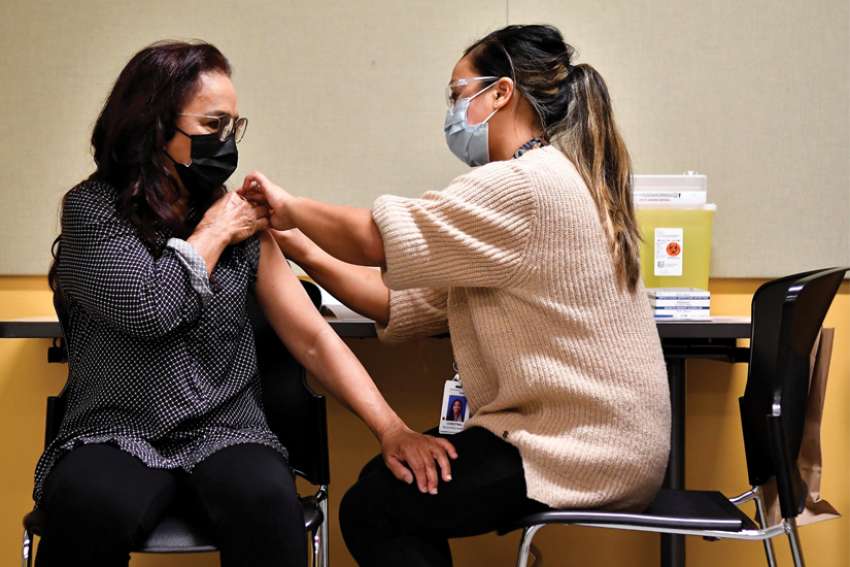But Nova Scotia’s conviviality has been challenged and left in short supply as of late.
The province had been one of the safest jurisdictions in North America through the first year of the COVID pandemic, consistently chalking up low case numbers. The vaccination program is now rolling out relatively smoothly.
Recommendations by successive Liberal premiers and Dr. Robert Strang, the province’s chief medical officer of health, met with widespread buy-in from Nova Scotia’s nearly one million people.
The province incrementally relaxed restrictions, rewarding residents for their efforts to comply with recommended and legislated constraints.
The COVID battle suffered a late-April setback as cases in the province began to spike, several times setting new daily case records. After weeks and weeks of reporting single-digit new cases, the numbers jumped in consecutive days to 38, 44, 52, 63, 66 and 96 before falling off incrementally and then ballooning to 148 cases on May 1.
The increased numbers convinced Premier Iain Rankin, sworn in as government leader just two months earlier, to tighten restrictions. With the new cases reported closing in on 100 on April 27, Rankin announced a virtual shutdown of the province to kick in on April 28 and to extend to at least May 12.
All schools and non-essential retail outlets across the province closed, Nova Scotians were told they could only gather within their household bubble, people they live with, and unnecessary travel between communities was to be scuttled for the two-week period.
The bulk of the reported cases were in the Halifax-area zone and the greater part of the dissension emanated from the same area.
Visitors coming in from out of province who did not adhere to isolation and quarantine regulations and partiers who gathered in numbers beyond the provincial restrictions were blamed for the spike in cases.
A woman who had just returned to the Halifax area with her husband, a recently retired police officer, and their four children, told the Chronicle Herald newspaper that the family followed all the rules.
Still, driving their Ontario-licensed minivan, she said they were subjected to whispered comments and dirty looks. Eventually, the woman said a back, side minivan window was broken and she surmised the vandalism likely came from someone who had blamed out-of-province people for the spread of COVID.
“We’re not the enemy here, COVID is,” she told the Herald.
“It’s a small percentage of people but they don’t want us here. It’s definitely the message we’re getting loud and clear.”
Meanwhile, Dalhousie University in Halifax is considering disciplinary action, including suspension, against students the university says attended an off-campus house party that broke COVID-19 rules and resulted in police ticketing 22 people for Health Protection Act violations.
Exacerbating that situation were photos that appeared on social media of celebrating students defiantly brandishing their $1,000 summary offence tickets.
Seven students who live in the house where the party took place and who later posted photos of the tickets on social media, issued a statement of apology to the university and the people of Halifax. They say they had received threats and that someone busted their door.
People who make their living in the media are generally skeptical of the edicts and promises that come from governments and politicians, but government restrictions and regulations are necessary to maintain the safety and well-being of residents.
There will always be people who think laws and guidelines are for others, not for them. It’s a mindset consistent with our constant struggle to balance God’s will and His expectations for us with the stubborn human will to do as we please.
Strang advised people to stop looking for loopholes to get past regulations and said that despite the fact that many of the new cases can be traced to people who came from out of the province, he didn’t want to focus on just those individuals.
“There are Nova Scotians here who made choices to socialize and get together with those travellers,” Strang said. “Let’s not blame somebody else. It’s less about blaming and more about making sure that we can do everything we can do.”
If everybody focuses on what they can do individually to keep themselves and others healthy, “together we’ll all keep each other safe,” Strang said.
Good advice from the good doctor.
(Campbell is a reporter at the Halifax Chronicle Herald.)


